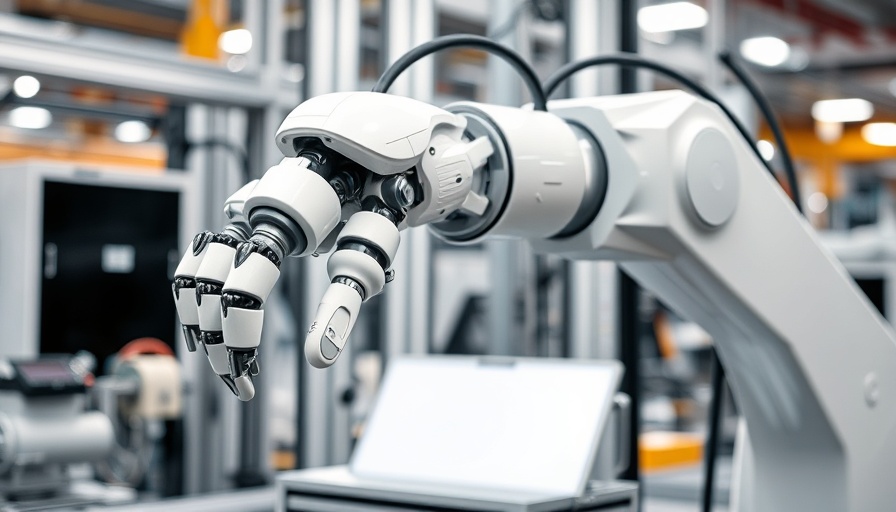
Understanding the Growing Divide: Quality of Work Across Regions
A new report from the Institute for the Future of Work (IFOW) reveals troubling trends in job quality across the UK. While employment levels appear robust, the reality is that the quality of work people experience varies dramatically based on their geographical location. The 2025 edition of the Good Work Time Series highlights a significant widening of regional inequalities in job quality. As it turns out, many who are employed may not be enjoying the benefits of 'good work,' which encompasses not just adequate pay but also features such as autonomy, predictable hours, and opportunities for growth.
The findings present a stark picture: areas with affluence are thriving, but less well-off regions are left behind, facing job scarcity alongside subpar work quality. For instance, the gap in job quality scores between the highest and lowest local authorities in England has alarmingly increased over the past year. This isn't just an English problem either; regions in both Scotland and Wales show similar patterns of divergence.
Disruption Index: A Tool for Insights on Job Changes
The report introduces an innovative 'Disruption Index,' which assesses how different jobs and geographical areas are equipped to handle changes brought on by automation. Notably, this disruption is not uniform—precarious work situations seem to disproportionately affect already vulnerable populations, potentially heightening existing inequalities in job quality. This uneven distribution of risk juxtaposes the idea that technology, often celebrated for efficiency, can also deepen social divides.
Job Quality: More Than Just Pay
The analysis goes beyond just financial remuneration. It points out that roles typically regarded as 'high quality'—such as professional or knowledge-based positions—often come with drawbacks. Many of these jobs require employees to work unsocial hours, leading to unpredictable work-life balance. Therefore, a higher paycheck alone does not equate to a satisfying job experience. Managers and policymakers are urged to consider job design as critical to improving quality of work beyond just compensation.
The Call for Policy Change
According to the report’s authors, addressing these disparities must become a central policy objective. Recommendations include the development of localized employment strategies that take regional characteristics into account, increased support for workers impacted by the forces of automation, and a renewed focus on job management practices. By prioritizing these changes, regions can enhance job quality and open doors to more equitable opportunities for all workers.
What's at Stake? The Emotional Impact of Job Quality
The implications of these findings extend beyond economics; they raise significant concerns about mental health, work-life balance, and overall well-being. For those caught in lower-quality jobs, the concerns are poignant—stress, burnout, and a feeling of stagnation often accompany inadequate work conditions. Ensuring that all individuals have access to 'good work' is essential, not only for economic health but for community prosperity as well.
Looking to the Future: Navigating Towards Equity
As we consider the future landscape of work, it is crucial to remain vigilant and proactive in addressing these inequalities. The evidence shows that merely looking at employment rates gives a false sense of security, obscuring deeper issues like fairness and accessibility. The journey towards equitable job quality involves collaboration among employers, policymakers, and communities to forge a path that prioritizes comprehensive well-being in the workplace.
The findings of the IFOW report compel us to reconsider not just how many people are employed, but how they experience their work. As we move forward, foundational changes in policy and workplace culture must take precedence, ensuring that every worker has the opportunity to engage in fulfilling, high-quality work.
 Add Row
Add Row  Add
Add 




 Add Row
Add Row  Add
Add 

Write A Comment